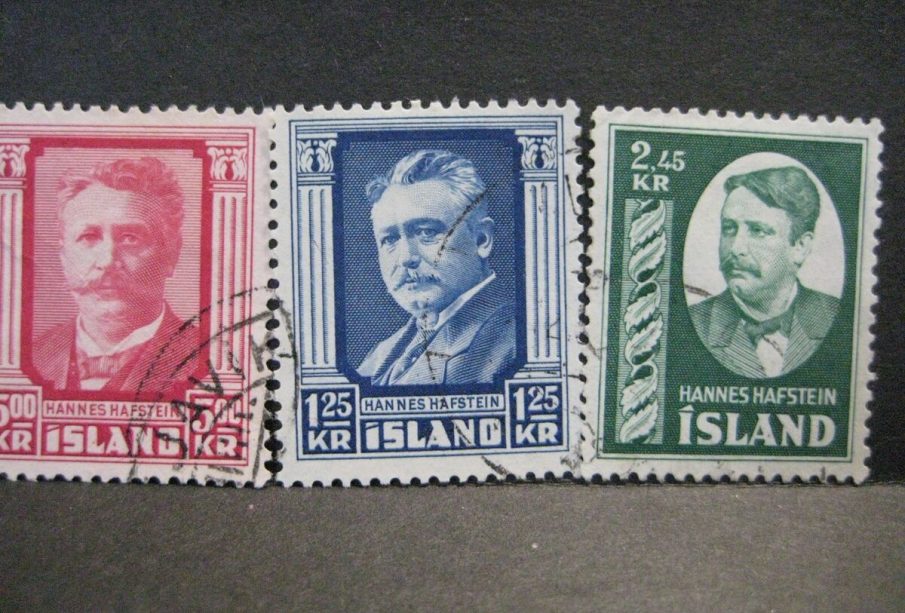Exploring the Wonders of Iceland in 2023

Introduction
Iceland, often referred to as the “Land of Fire and Ice,” is renowned for its breathtaking natural beauty, including glaciers, volcanoes, and geysers. The country has become increasingly popular with tourists looking to experience its unique landscapes, rich culture, and vibrant communities. Recently, Iceland has garnered attention for its environmental initiatives and growing tourism industry, making it an essential topic for travelers, environmentalists, and policymakers alike.
Current Events and Cultural Significance
In 2023, Iceland is witnessing a remarkable surge in tourism, particularly from North America and Europe. According to the Icelandic Tourist Board, the number of visitors is projected to exceed 2 million this year, a significant rebound from the pandemic downturn. Tour operators are expanding their offerings, including sustainable travel options that emphasize eco-friendliness and cultural immersion. One notable initiative is the “Icelandic Nature Conservation Day” which promotes awareness around preserving the country’s stunning landscapes.
Moreover, Iceland’s commitment to renewable energy continues to drive its environmental policies. The country generates almost 100% of its electricity from renewable resources, with a focus on geothermal and hydropower. The Icelandic government is actively exploring new methods to reduce carbon emissions and enhance sustainability, setting an example for countries worldwide.
The Natural Wonders of Iceland
Iceland’s distinctive geography serves as a major draw for tourists. The Golden Circle, featuring the Þingvellir National Park, Geysir Geothermal Area, and Gullfoss waterfall, remains one of the most visited routes. Additionally, the recent volcanic activity in the Reykjanes Peninsula has sparked interest among geologists and tourists alike, offering a glimpse into the earth’s inner workings. Currently, the volcanology community is closely monitoring the ongoing eruptions, studying their effects on the landscape and local communities.
Conclusion
As Iceland continues to recover from the pandemic, its unique combination of natural wonders, rich culture, and innovative sustainability practices positions it as a significant destination in 2023. Travel enthusiasts should consider visiting to experience firsthand the artistry of nature and the commitment of its people towards environmental stewardship. With its increasing focus on sustainable tourism amidst a booming visitor influx, Iceland demonstrates how a nation can balance economic development with environmental conservation, setting a precedent for the global community.








